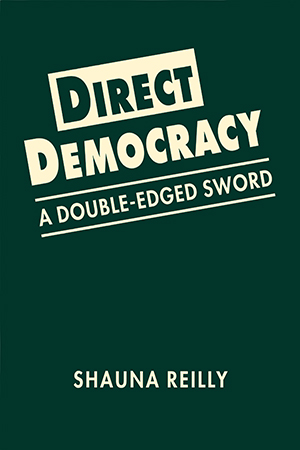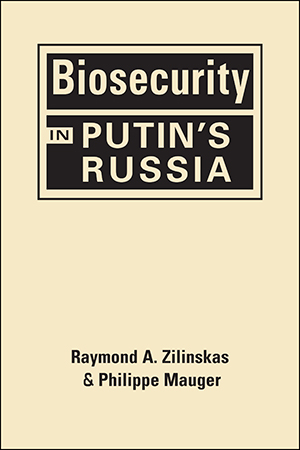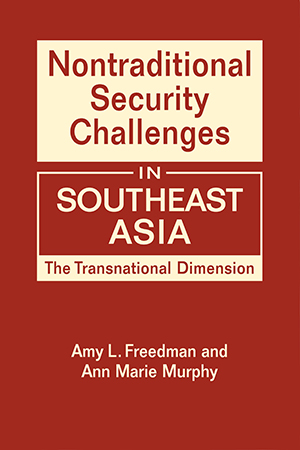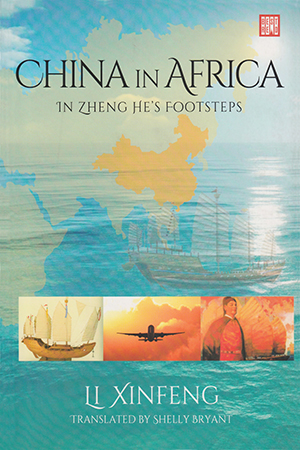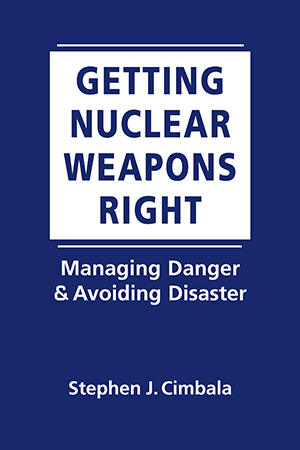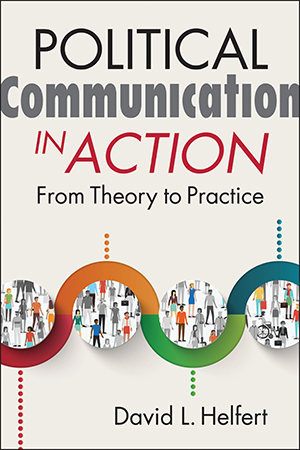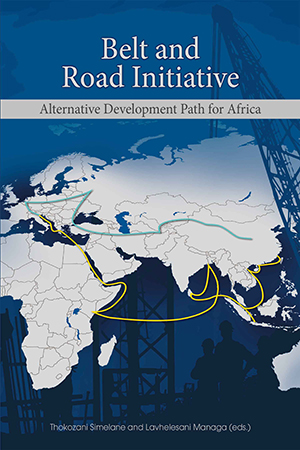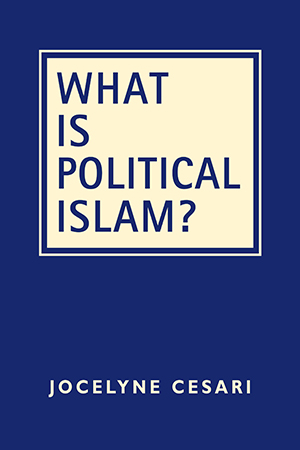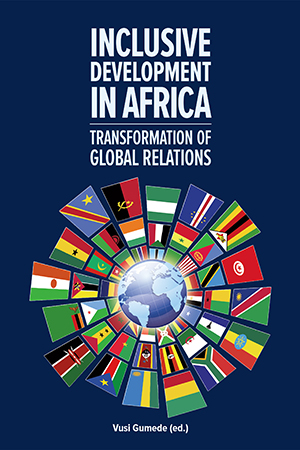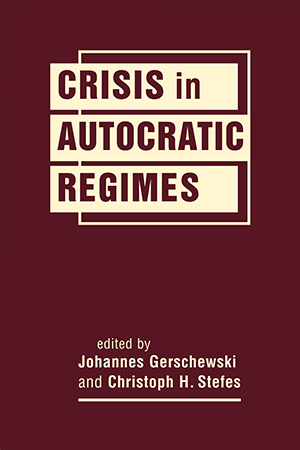BOOKS
Direct democracy typically is lauded for putting power in the hands of the people. But is it really as democratic as it seems? To what extent, and in what circumstances, is it less about More >
In March 2012, at a meeting convened by the recently reelected Russian president Vladimir Putin, Minister of Defense Serdyukov informed Mr. Putin that a plan was being prepared for "the More >
With the countries of Southeast Asia increasingly challenged by a plethora of nontraditional security issues—climate change, food and water security, infectious diseases, and migration More >
Some six centuries ago, the great Chinese explorer and diplomat Zheng He set sail to blaze a trail across the Indian Ocean to the east coast of Africa. In 2002, Li Xinfeng set out to find More >
Can we avoid nuclear war? Why are we more at risk today than at the end of the Cold War? Can the world powers work together to ensure international stability? Stephen Cimbala provides a More >
From developing effective messages to working with the news media, from writing speeches to tweeting, from crisis communication to the ethics of political communication, and everything in More >
At the heart of China's Belt and Road Initiative lies the creation of not only an economic land belt linking countries on the original Silk Road through Central Asia, the Middle East, More >
Honorable mention for ISA's Religion and International Relations Section Book Award! The debate continues unabated: Is political Islam decipherable through the tenets of the Islamic More >
What can—and should—be done to achieve effective development in Africa? Addressing this fundamental question, the authors offer specific suggestions emphasizing the need to both More >
What makes autocratic regimes vulnerable? Why, in times of crisis, do some of these regimes break down while others weather the storm? This is the puzzle addressed in Crisis in Autocratic More >



